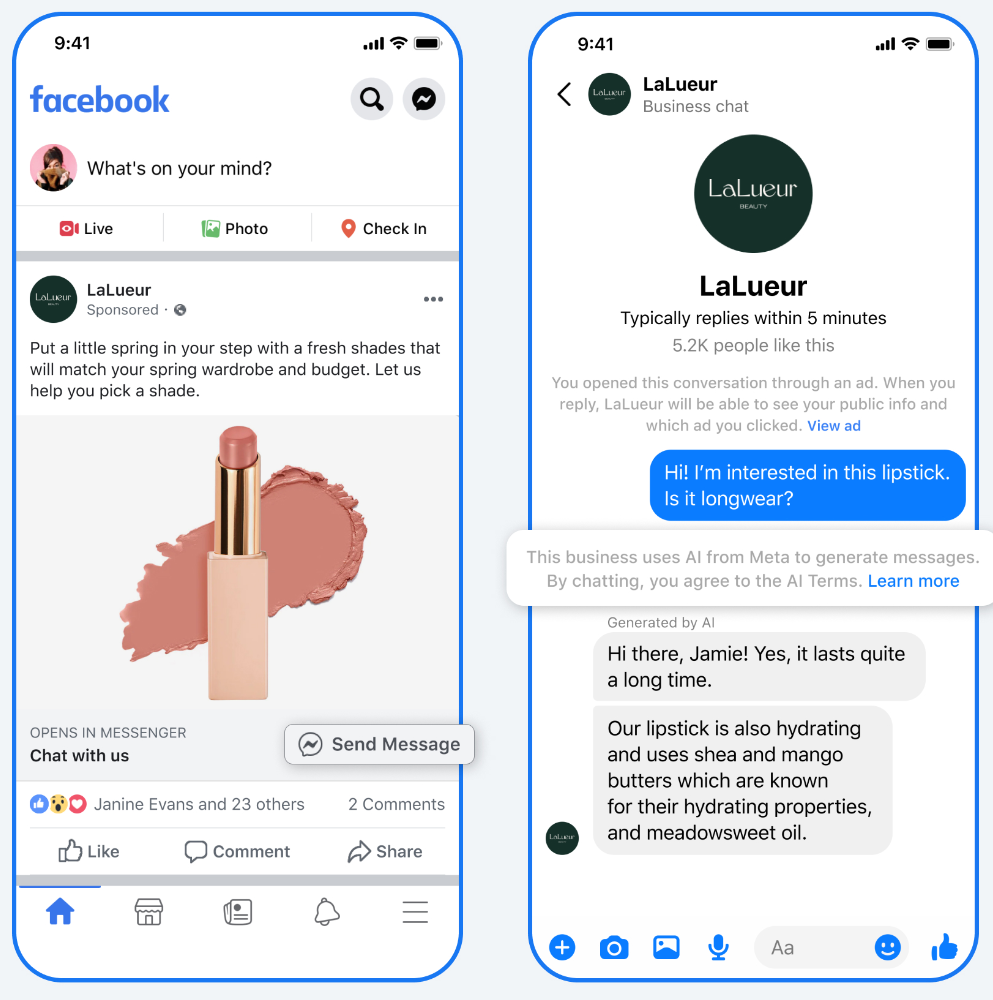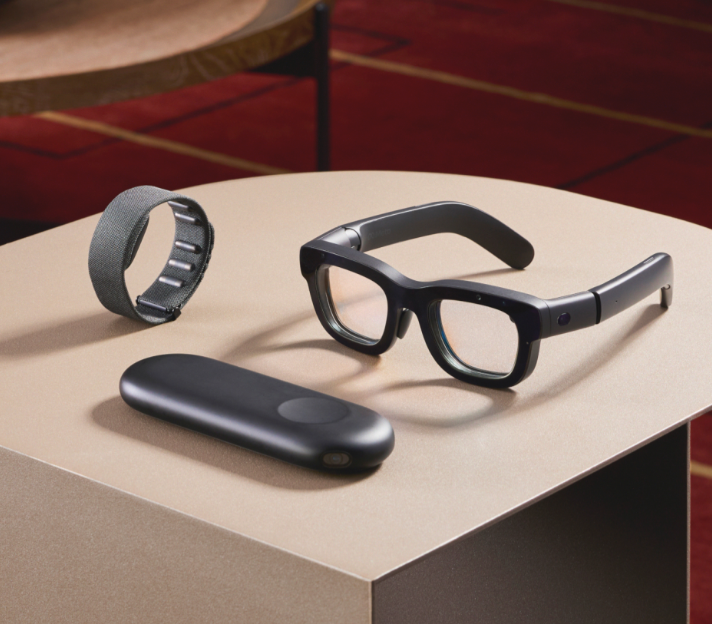Meta has updated Meta AI with its Llama 3.2 models, launched new Ray Ban smart glasses, Meta Quest 3S and Orion, the company's first augmented reality glasses.
With the moves, announced at Meta Connect, the company is looking to meld AI, augmented reality and spatial computing. Meta also outlined Meta AI features that can be useful to businesses.
Meta said that more than 400 million people use Meta AI across its portfolio--Facebook, Messenger, Instagram and WhatsApp--on a monthly basis with 185 million using it each week. Llama 3.2 will give Meta AI multimodal features.
Here's a look at what's new for Meta AI:
- Meta AI can be prompted by voice and it'll respond with answers out loud with different voice options.
- Meta AI will answer questions about photos and edit them. Meta AI can also share AI-generated images and suggest captions.
- A Meta AI translation tool will be tested with automatic dubbing and lip synching for creators.
- Businesses can use Meta AI to set up AIs that talk to customers, offer support and drive sales. Meta also added that advertisers have used Meta genAI tools to create more than 15 million ads in the last month.

Meta's plan for Meta AI is to use its platform and hardware ecosystem to drive usage. For instance, Ray Ban Meta glasses will be able to record and send voice messages on WhatsApp and Messenger, get video help and suggest items and places when you're out.
- Meta launches Llama 3.1 450B and for Zuckerberg it's personal
- Here's why Meta is spending $35 billion to $40 billion on AI infrastructure, roadmap
- Meta Q2 strong, tightens capital expenditure range to $37 billion to $40 billion for 2024
The company also said that Meta AI will play a role in Meta Quest 3S, its mixed-reality headset. Meta Quest 3S has the same performance as Meta Quest 3, but at a lower price point of $299.99. Meta also said it has revamped its Meta Horizon OS to support 2D apps, adding travel mode and improving Meta AI on the device with a Hey Meta wake word. Meta Quest 3 prices for the 512GB version will drop from $649.99 to $499.99.
Meta's Orion glasses aim to build off of what the company has learned from the Ray Ban partnership, but the device will only be available to Meta employees and "select external audiences." Orion has a large field of view in the smallest AR form factor so far.
- Meta launches latest chip for AI workloads
- Meta's Zuckerberg lays out AI vision with heavy dose of open source
- Meta launches Llama 3, wide availability with more versions on deck

Meta AI will also run on Orion to add visualizations to the physical world. The company noted:
"While Orion won’t make its way into the hands of consumers, make no mistake: this is not a research prototype. It’s one of the most polished product prototypes we’ve ever developed and is truly representative of something that could ship to consumers. Rather than rushing to put it on shelves, we decided to focus on internal development first, which means we can keep building quickly and continue to push the boundaries of the technology, helping us arrive at an even better consumer product faster."


